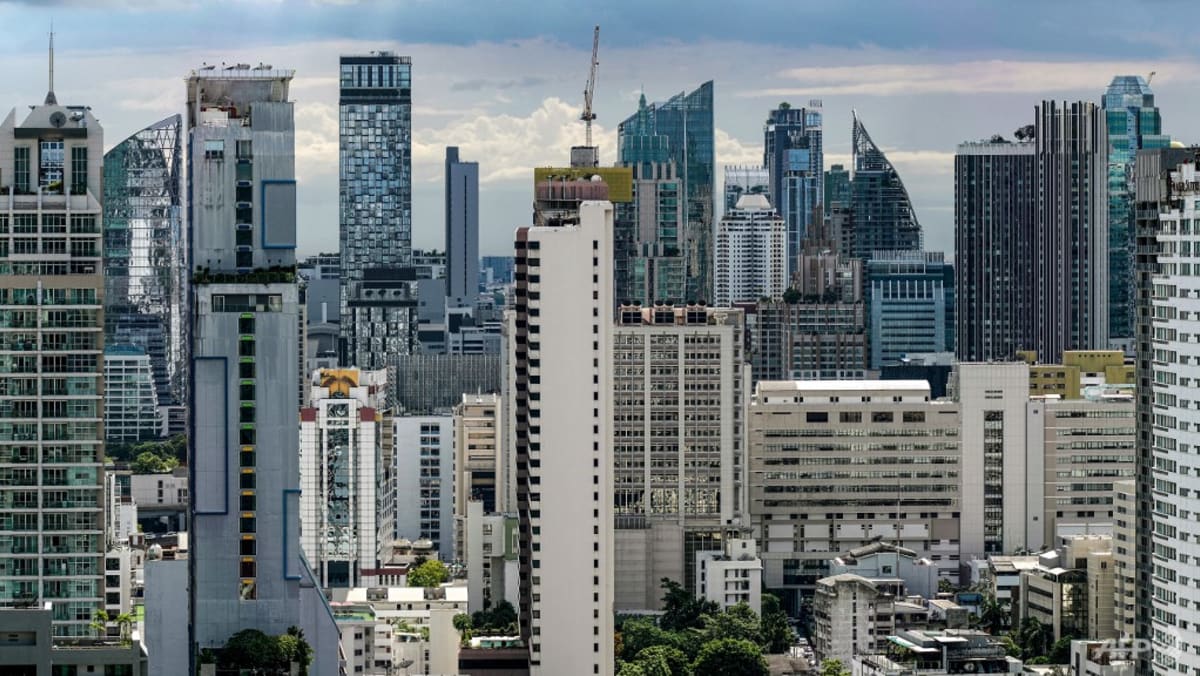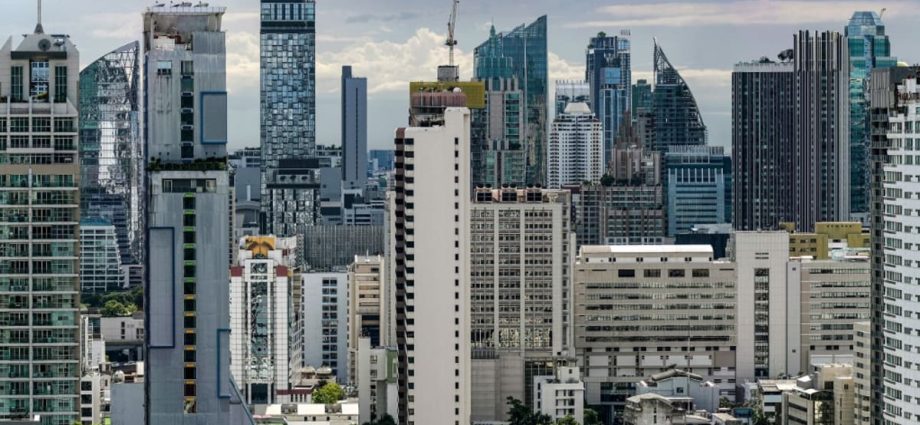
SINGAPORE: When central bankers line up almost daily to assert their commitment to fighting inflation, it makes me think of Thailand. Not the fine resorts and great food. The country’s untrumpeted success is seriously taming prices to the point where officials might want to think about easing up, lest the economy slows too much.
Like the rest of Southeast Asia, Thailand has been blindsided by the modest nature of China’s rebound. Tourism, a key industry, is gradually recovering. The number of Chinese visitors is heading in the right direction, but nothing like the surge that was anticipated when Beijing canceled zero-COVID.
Thailand’s divisive politics aren’t helpful: Two months after an election, the country is without a prime minister.
Don’t let these caveats subtract from a fine story. Most policymakers would prefer to forget that when inflation first started to climb in 2021, they played it down. Having wrestled with how to fire it up in the years before the pandemic, they weren’t going to jump at the initial upticks.
A host of terms were used to describe the benign scenario: Temporary, short-lived and, of course, the now infamous “transitory.” Federal Reserve Chair Jerome Powell stuck by the “T” word too long, before ultimately burying it and embarking on an aggressive tightening.
The Bank of Thailand, by contrast, has embraced transitory – and rightly so. The pace of consumer price increases retreated to 0.2 per cent in June from a year earlier. That’s a dramatic decline from almost 8 per cent in August 2022.
Officials don’t see it staying so anemic for long, but even forecasts of 2.4 per cent next year mean inflation is well and truly reined in. And they did it without smothering the economy by panicking and ratcheting up borrowing costs too rapidly.

